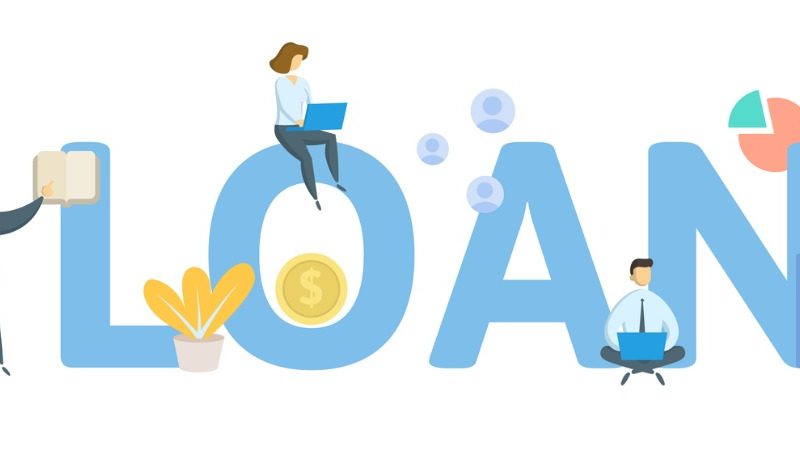Beat your brain (and better your bank balance) by understanding how your mind works
Is everything you do with your money logical? Don’t fool yourself. Human brains were designed for fight or flight.
There’s emerging research showing that even the smartest humans make stupid financial mistakes thanks to our prehistoric brains. Neuro-economists have found longs lists of “cognitive biases” behind why our financial decisions are so flawed. They’ve found that both amateur and professional investors alike are tripped up by inadequate evolution.
So when you next fall into the needs versus wants trap, borrow money that you can’t really afford, pay the wrong debts first, or fail to invest when you should, you’ve probably fallen into one of these biases:
Restraint bias
We all think we’re rational. But restraint bias is the tendency we have to overcome impulsive behaviour. Sometimes we just can’t stop ourselves and we make horrible decisions that we live to regret.
Hindsight bias
Some biases are easier to get your head around than others. The hindsight bias is simple. We all know after the fact that we shouldn’t have bought that house, lent that money to our friend, or trusted the conman selling derivatives trading software. At the time, however, it seemed like a good idea.
Confirmation bias
We look for evidence to confirm our decisions rather than weighing up the pros and cons evenly. How that works is that we often come to the conclusion first and use a narrative to justify our confirmation. So when we’re about to buy a house at the top of the market just before a fall, we really want to believe the real estate agent who says “property never goes down in value”. After all “there’s nothing as safe as bricks and mortar”, as the narrative goes.
Mental accounting
This is the reason you’ll blow your bonus, but not the savings you’ve squirrelled away for a new car next year. Saving the bonus would bring that new car conclusion closer. But because we’ve put the bonus in a different bucket in our heads we behave irrationally. Money is money, whichever account it comes from.
Framing
When we make money decisions we do them in the context of a frame. Maybe you’re thinking about buying a rental property. So you set up the frame in your mind that everyone’s doing it, rather than taking a balanced look at the pros and cons. It’s the same with hire purchase. The sales person helps frame your decision by saying “it’s only $10 a week” to buy that MacBook Air, not the $3,000 it’s going to cost you all up.
Anchoring
When we anchor we’ve got a reference point in our brains that influences our judgment. So when the $400 RRP puffer jacket at Kathmandu is reduced to $200 we think we’re getting an amazing bargain. Except that the regular price elsewhere is $200 and we’ve in fact just paid standard retail price.
Prospect theory
Humans value gains and losses differently. We get far more satisfaction out of a $5 discount than a $5 surcharge. So if I offer you a $90 product with a $5 surcharge for last minute payment you’re far less likely to buy the same product that is $95 after a $5 discount.
Herd behaviour
Lemmings will follow the pack over a cliff. The herd behaviour bias is a tendency for us to mimic the actions of others. It’s one of the reasons we all go crazy about buying shares just before the stock market crashes.
The bias to beat all biases is the bias blind spot. This is the inability to recognise that we suffer from the very biases above. Thanks to this bias we all think that we behave logically. We don’t. The sooner we can take ownership of our own biases the better our financial management will be.
So whatever you’re about to do with your money, be it: borrow, save or spend, ask yourself what biases your brain has fallen for. These biases can’t be logic-ed away. But there’s nothing like a shot of honesty in the arm when it comes to putting your mind over money.
- Post Tags:
- personal finances
Credit Simple
Credit Simple gives all Kiwis free access to their credit score, as well as their detailed credit report. See how your credit score compares by age, gender and community and gain valuable insights into what it all means.
All stories by: Credit Simple


